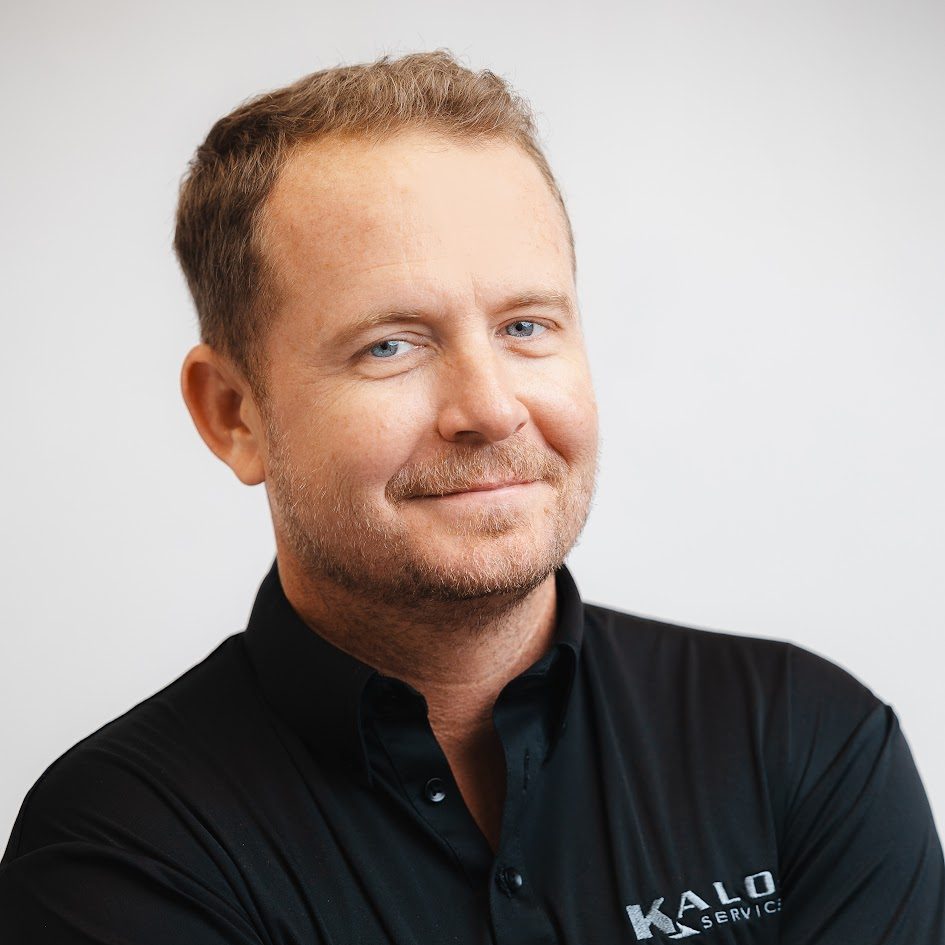Short #88 – Science vs. What Works

In this short podcast episode, Bryan talks about science and how to balance practice and experience with the “why” behind what we do. He also explains how either one can cause an error if you aren’t careful.
Science is not just about reading nerdy theories in books; it's all about understanding why the processes in our world. In that sense, many of us field technicians are scientists. When we use problem-solving skills in the field, we try to understand what is going on and why our proposed solutions might fix the issue. We partake in experimentation all the time when we look for solutions, too; we formulate hypotheses about what will happen when we apply a fix, and we test our hypotheses by seeing what happens.
However, there has also been a rise in pseudoscience, which uses observation to come to a conclusion WITHOUT the due diligence of experimentation. We see this quite often in brazing; some old-timer technicians use poor brazing practices but still manage to get leak-free joints. While those brazing practices may work on the low side of the system, you can't expect the results to be the same when brazing in a compressor. The methods may “work” in some cases, but they're not backed by scientific understanding, so they can't produce good results under higher-pressure conditions.
Science is not perfect and can go wrong, though. When we don't understand the application and the “why” behind the work, we can't expect products and tools to work as they're meant to work. That's when errors pop up. To avoid those errors, investigate the “why” and test out your hypotheses.
Bryan also discusses:
- Multiple ways to do things
- Thomas Edison vs. Nikola Tesla
- Poor brazing practices
- Not pulling a deep vacuum
- Ozone generators and deodorizers
- “Hack” work
Learn more about Refrigeration Technologies HERE.
Author:









Comments
To leave a comment, you need to log in.
Log In